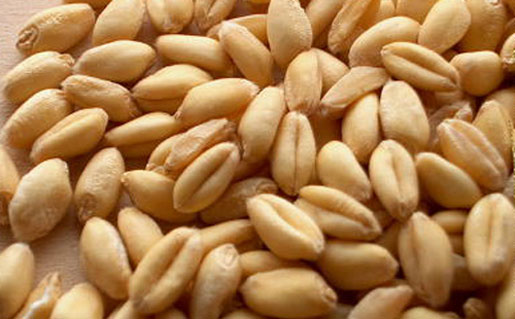
THE country will this year record one of the worst wheat-farming seasons following a sharp decline in hectarage planted with the crop largely, due to lack of funding.
Own Correspondent
According to the Zimbabwe Commercial Farmers’ Union (ZCFU), a total 3 000 hectares of winter wheat has been planted for the 2013 season, coming short of the anticipated 26 000 hectares as the government failed to make funding available.
ZCFU president Wonder Chabikwa said the decline resulted from difficulties in accessing funding, ageing irrigation infrastructure and ballooning electricity overheads, among other myriad of challenges.
“This year will have a huge deficit in terms of wheat production,” Chabikwa said. “We planted only 3 000 hectares against a target of 26 000 hectares and this is far below the national demand,” he added.
According to ZCFU, it costs $1 200 for a farmer to grow one hectare of wheat. The producer price is about $475 per tonne and has not been enough to cover costs.
Electricity costs of between $700 and $800 to irrigate a hectare of the crop per season have also made it difficult for farmers to break even. For the past decade, wheat production has been on the decline with the last two seasons being the worst.
Last year only 9 500 hectares of wheat were planted during the winter cropping season compared to 15 982 hectares registered in the previous year.
- Chamisa under fire over US$120K donation
- Mavhunga puts DeMbare into Chibuku quarterfinals
- Pension funds bet on Cabora Bassa oilfields
- Councils defy govt fire tender directive
Keep Reading
In 2011 and 2012, output plummeted to 26 000 tonnes and 22 000 tonnes respectively, against an annual wheat consumption of 450 000 tonnes. The country is bridging the deficit through imports resulting in a wheat import bill of over $500 million per annum.
Recently the Bakers’ Association of Zimbabwe sealed an agreement with Grain Millers’ Association that will see the purchase of 75% of monthly flour requirements from local millers. This is expected to save the country’s monthly wheat flour import expenditure of $140 million.
The deal also entailed that a minimum 220 000 metric tonnes of flour per annum would be purchased locally which is expected to resuscitate wheat growing in Zimbabwe.
Millers withdrew their $29 million winter wheat for this season funding citing the government’s failure to gazette a statutory instrument that protects them from side marketing. Twitter feedback @mudarikiiri










